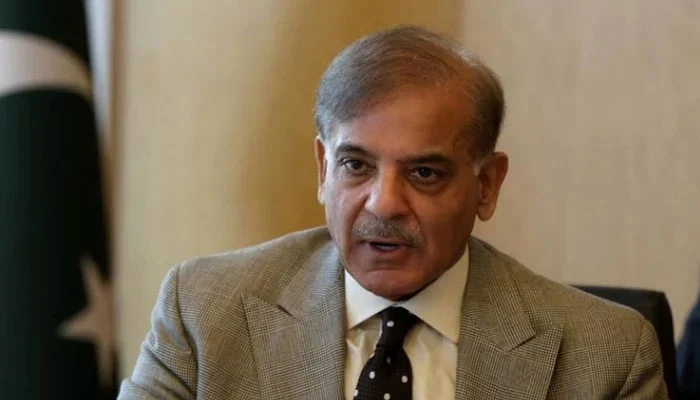Is Shehbaz Sharif Winning or Losing His Battle Against the Sugar Cartel?
Prime Minister Shehbaz Sharif has launched a bold campaign against Pakistan’s powerful sugar lobby, targeting tax evasion and undocumented sales within the industry. Under his directive, the Federal Board of Revenue (FBR) introduced physical monitoring, video surveillance, and track-and-trace systems at sugar mills, leading to a 41% increase in documented sales—from Rs107 billion to Rs152 billion—and narrowing an estimated Rs57 billion tax gap.
However, despite these enforcement gains, sugar prices in retail markets have surged sharply, fueling public anger and raising questions about the real impact of the crackdown. Many observers see the price hike as a deliberate counteroffensive by the sugar cartel—transferring the tax burden back onto consumers to undermine the government’s efforts.
Former finance minister Miftah Ismail, once a critic of government policy, acknowledged Shehbaz’s integrity, recalling how the premier had privately opposed sugar exports and proposed a supertax on the industry during his last term. However, Ismail criticized recent decisions under Ishaq Dar’s leadership of the sugar export committee, arguing that exports should have been halted when prices began to rise.
On the other hand, the government claims success beyond the sugar industry. Sectors like tobacco, cement, beverages, and poultry hatcheries all reported significant revenue gains after similar tax enforcement measures, contributing to an increase in Pakistan’s tax-to-GDP ratio from 8.8% to 10.3%.
Yet, the fight remains uphill. Independent analysts warn that the sugar mafia, with deep political connections—including ownership across all major political parties—still wields immense market power. Jehangir Tareen’s group holds the largest share (15%), followed by Omni Group (12%). The Sharif family’s share is relatively small in comparison.
Sources suggest PM Shehbaz continues to personally oversee the crackdown, holding weekly reviews and involving intelligence agencies like the IB and FIA. He has insisted on zero tolerance for tax evasion—even within his own family.
The outcome of this battle may ultimately depend on whether the government can bring prices down and maintain its pressure. If not, the sugar cartel’s pushback could reinforce its dominance. If successful, it would mark one of the rare instances in Pakistan’s history where state authority prevails over entrenched corporate power.






